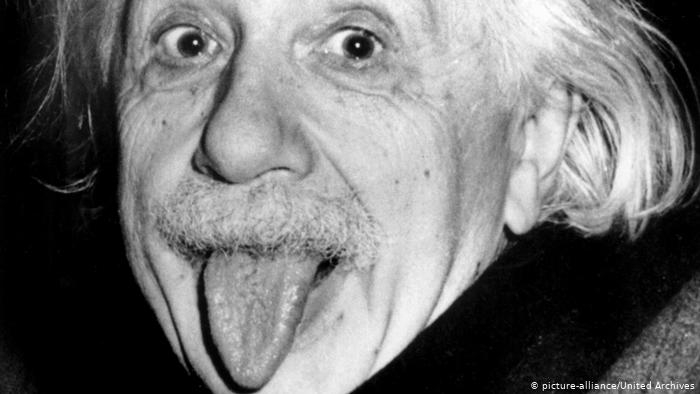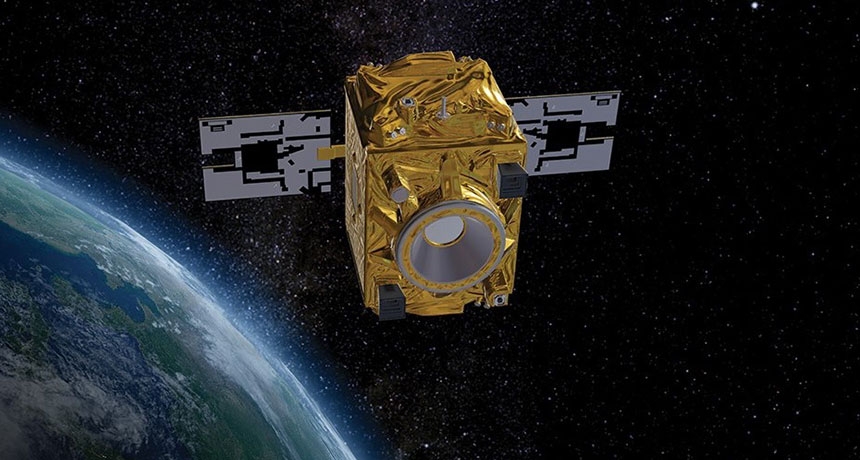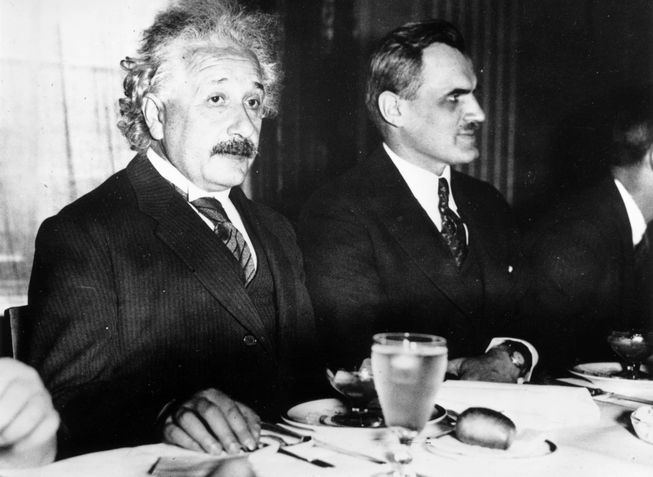The story behind Albert Einstein's most iconic photo

The photo of Einstein sticking out his tongue is world-famous
It’s been 70 years since the genius physicist stuck out his tongue at pesky reporters. The photo turned him into an icon. But what's the story behind it?
It was March 14, 1951, the day Albert Einstein turned 72. The famous physicist, who was born in Ulm, Germany, had already been living in the United States for many years. At the time, he was working at the Institute for Advanced Study in Princeton, New Jersey. A birthday celebration was held in his honor at the research center.
The paparazzi were lurking outside the venue when he left, hoping to hear one of the world-famous professor's witty quips about the global political situation — and to take the perfect birthday photo.
Not a fan of media hype, and growing weary of being a spokesperson, Einsteinwas annoyed by their presence. Yet there he was, stuck in the back seat of a limousine, sandwiched between the institute's former director, Frank Aydelotte, and his wife, Marie, unable to escape the flashing bulbs. "Enough is enough..." he is said to have repeatedly shouted at the pushy reporters. "Hey, Professor, smile for a birthday photo, please," one shouts.
See full text

